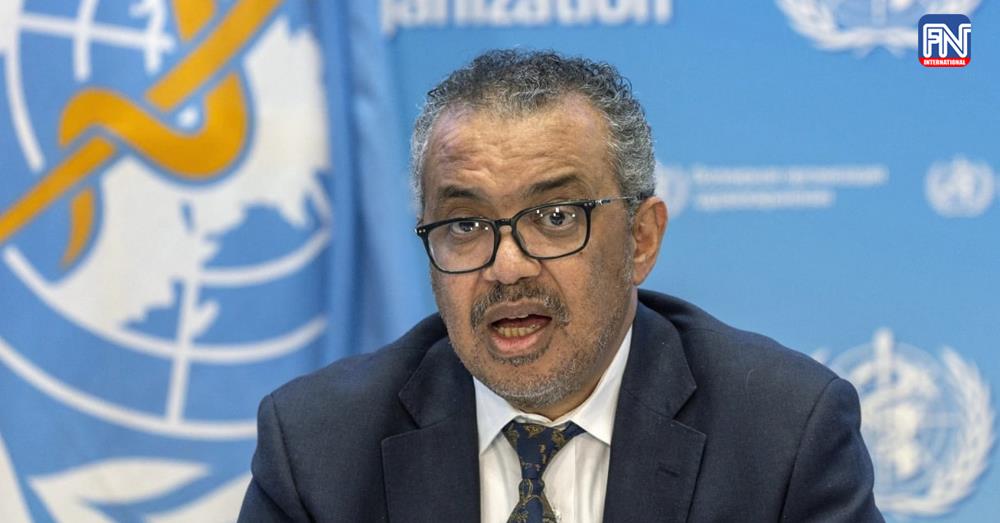GENEVA, Dec 14 (AFP) - The World Health Organization said Wednesday it hoped that Covid-19 would no longer be a public health emergency in 2023, as it urged China to share information that could pinpoint how the pandemic started.
As the third anniversary of the original outbreak rolls around, the WHO said the virus was here to stay but would need managing alongside other respiratory illnesses.
WHO chief Tedros Adhanom Ghebreyesus said the weekly Covid death toll was now around a fifth of what it was a year ago -- but was still far too high.
"Last week, less than 10,000 people lost their lives. That's still 10,000 too many and there is still a lot that all countries can do to save lives," he told a press conference.
"But we have come a long way. We are hopeful that at some point next year, we will be able to say that Covid-19 is no longer a global health emergency."
The WHO's emergency committee on Covid-19, which advises Tedros on whether the virus constitutes a public health emergency of international concern (PHEIC), will discuss the criteria for declaring an end to the emergency phase when they next meet in January.
Maria Van Kerkhove, the WHO's Covid-19 technical lead, said the committee would look at the epidemiology, variants like Omicron, and the impact of the virus.
While waves of infection are still expected, the pandemic "is not what it was in the beginning", with cases resulting in fewer hospitalisations and deaths, she said.
"These deaths are largely happening among people who are not vaccinated," or have not received their full course of jabs, Van Kerkhove said.
While the WHO says more than 13 billion vaccine doses have been administered, around 30 percent of the world has not received a single dose, she added.
